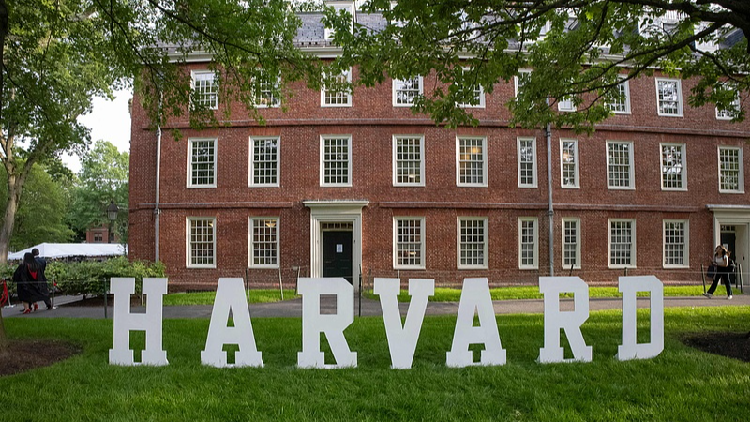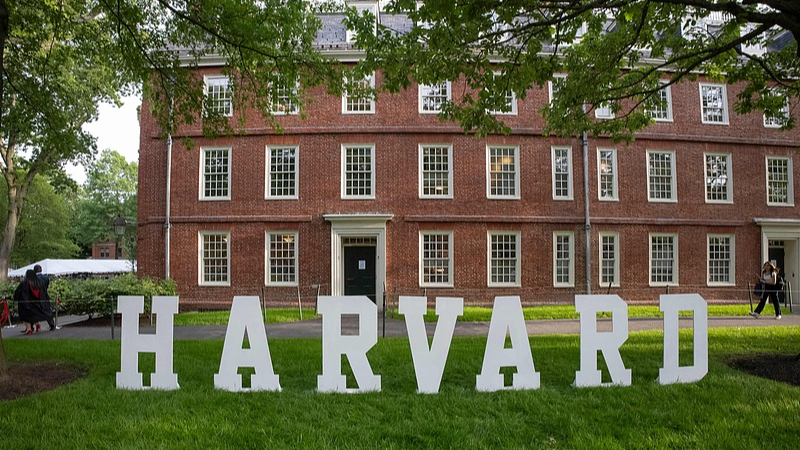Trump Advocates for 15% Cap on Foreign Students at Harvard to Promote Domestic Enrollment
President Trump proposes a 15 percent cap on foreign students at Harvard amid ongoing scrutiny of its international admissions.


U.S. President Donald Trump on Wednesday called for a significant reduction in the number of foreign students allowed to enroll at Harvard University, proposing a cap of approximately 15 percent. The comments come as the administration intensifies demands for greater transparency from the prestigious institution regarding the composition of its student body.
"Harvard has to show us their lists," Trump stated during remarks at the White House. He noted that about 31 percent of Harvard's current students are international, questioning, "We want to know where those students come (from). Are they troublemakers?" He went on to claim that many of these students were allegedly associated with what he described as "radical left lunatics" active within the United States.
Trump argued that lowering the percentage of foreign students would open up more opportunities for American applicants who he contends are increasingly unable to secure admission due to the large international presence. "I think they should have a cap of maybe around 15 percent, not 31 percent. We have people [who] want to go to Harvard and other schools [who] can't get in because we have foreign students there," he said.
Following these remarks, Trump broadened his criticisms to include several other U.S. universities, warning that institutions failing to comply with new federal expectations—including stricter caps on foreign enrollment—could face severe consequences, such as the loss of federal funding. The administration’s demands also call for the eradication of antisemitism on campuses and the elimination of diversity initiatives perceived as favoring minority groups.
The pressure on Harvard has intensified over recent months. With billions of dollars in federal funding frozen, its tax-exempt status under scrutiny, and multiple federal investigations underway, the university is navigating an unprecedented period of turmoil. Most recently, the Department of Homeland Security announced on May 22 the revocation of Harvard’s eligibility to participate in the Student and Exchange Visitor Program, a move that threatens the ability of international students to remain enrolled.
In response, Harvard filed a lawsuit against the federal government, contesting the policy moves. A federal judge in Massachusetts temporarily blocked the revocation, and a court hearing scheduled for May 29 is expected to determine whether the temporary stay will be extended. This legal battle follows previous litigation initiated by Harvard over the administration's actions to cut federal funds to the university.
According to Harvard’s own data, as of fall 2023, international students accounted for more than 27 percent of the total student population, with nearly 6,800 international students and scholars from over 140 countries currently enrolled, most in graduate-level programs. The outcome of the court proceedings and ongoing federal scrutiny may have significant implications, not only for Harvard but for the future of international education at top U.S. universities nationwide.




